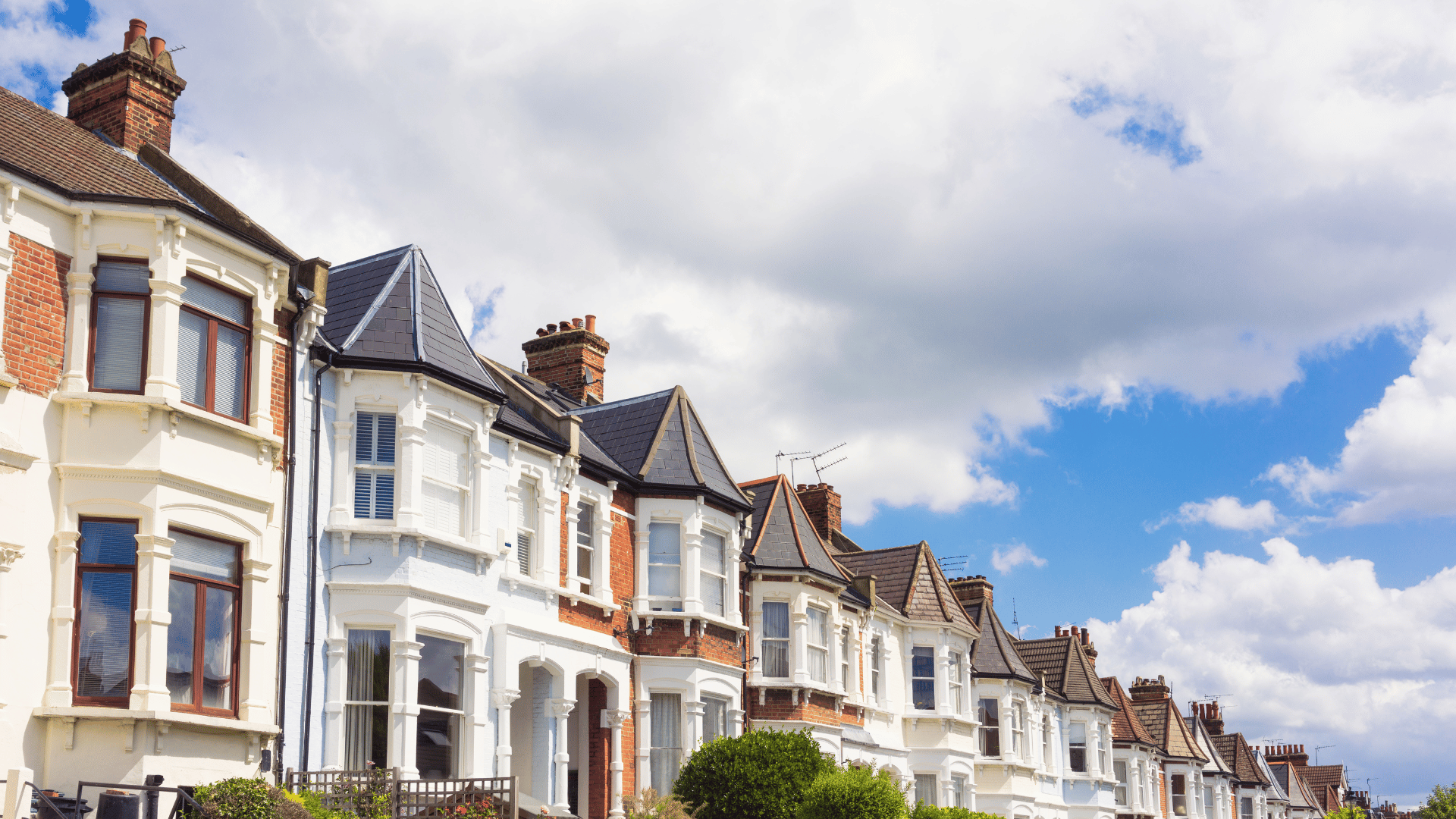The UK Government has reaffirmed its commitment to achieving net zero carbon emissions by 2050, following sharp criticism from former Prime Minister Blair, who warned that current climate strategies are unrealistic.
In a report published by the Tony Blair Institute, Blair argued that limiting fossil fuel consumption is “doomed to fail” given rising global demand and projected increases in air travel. He suggested that wealthier countries are becoming less willing to bear the cost of climate action, particularly when individuals feel their personal impact on global emissions is minimal.
“These are the inconvenient facts… any strategy based on phasing out fossil fuels in the short term is doomed to fail.”
— Blair, Tony Blair Institute Report
His remarks have been seized on by opposition parties as a challenge to Labour leader Keir Starmer’s net zero agenda, but ministers have stood firm.
Environment Secretary Steve Reed responded by defending the government’s climate plans, emphasising the benefits of a green energy transition for the UK. He told Times Radio:
“This government is moving to clean energy because it’s best for Britain. It increases our energy security.”
Reed acknowledged that while he agreed with parts of Blair’s analysis, he did not share the overall conclusion. He said Labour’s goal is to eliminate fossil fuels from electricity generation by 2030, relying instead on renewables such as wind, solar and tidal power.
He argued, that this would not only cut emissions but also protect the UK from volatile global energy markets and authoritarian regimes.
Rethinking the Route to Net Zero
Blair’s report urged governments to maintain carbon reduction targets, but rethink how they’re achieved. He called for a shift in focus towards emerging technologies like carbon capture and nuclear fusion, alongside stronger international pressure on major emitters such as China and India.
Critics within Labour have expressed concern about the timing and tone of Blair’s comments, published just days before local elections. Some see his intervention as politically unhelpful, while others suggest it reflects tensions over how best to support workers during the transition from fossil fuels.
Current Commitments
Labour’s path to net zero includes major commitments:
- Ending the sale of petrol and diesel vehicles by 2030
- Transitioning to fully clean electricity generation
- Installing 600,000 heat pumps per year by 2028
Despite internal debate, the Labour leadership insists its strategy remains both necessary and achievable, offering long-term benefits to the economy, the environment and national security.
What is ECO4 and How Does it Support Net Zero?
As part of the UK’s broader effort to reduce carbon emissions and improve energy efficiency in homes, the ECO4 scheme (Energy Company Obligation, Phase 4) offers financial support for households to upgrade their heating systems and insulation.
Running until 2026, ECO4 helps eligible households improve their energy performance. Upgrades are provided completely free of charge and include:
- Free insulation for walls, lofts, and floors
- Free solar panels
- Installation of air source heat pumps and smart controls
By targeting homes that are hardest to heat, ECO4 plays a vital role in meeting the UK’s net zero commitments while also tackling fuel poverty.
Find out if you qualify for free home improvements below.



